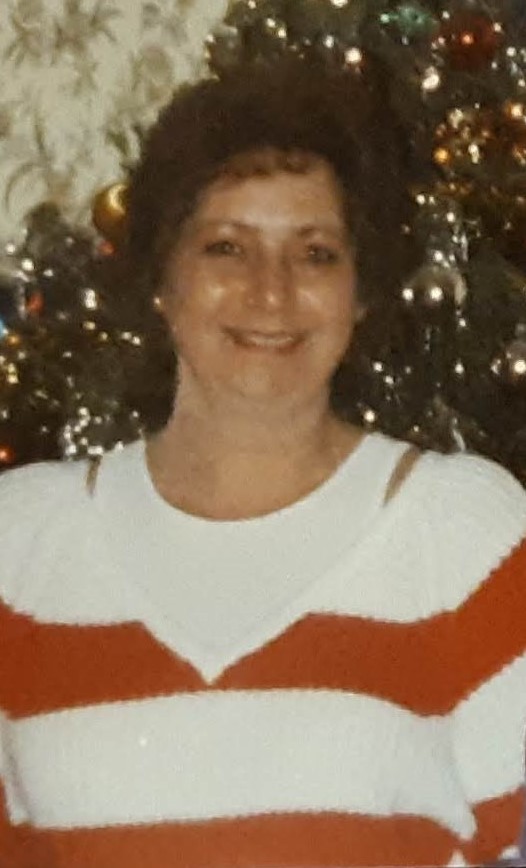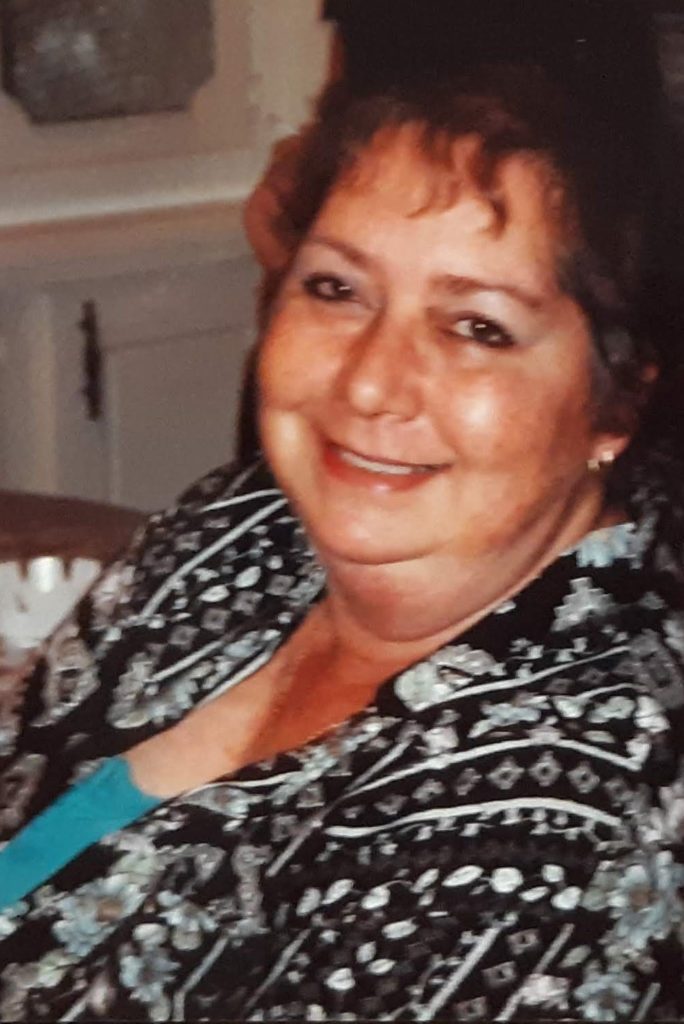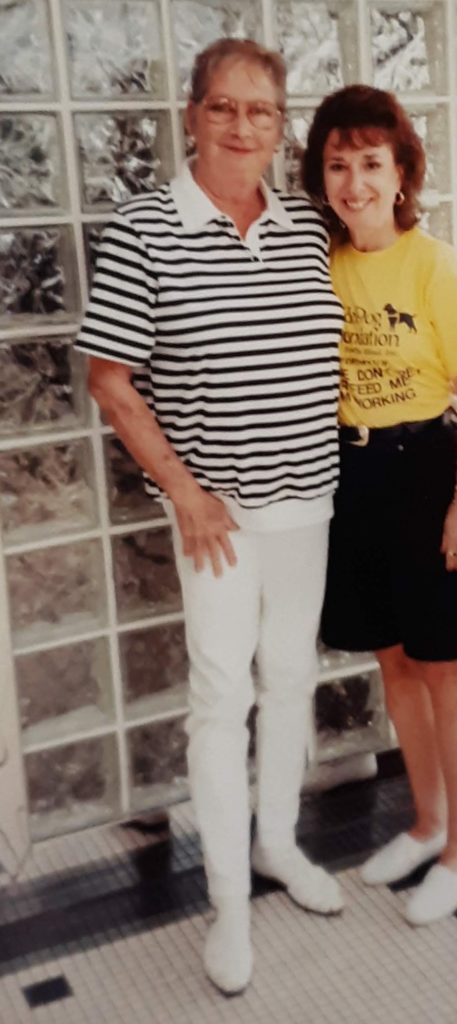Leslie Edwin
Neddy Zaleski joined CSRF in 1996 as one of the first official members when the organization was less than a year old. We conducted a mail outreach project early in 2020 to connect with patients who did not have e-mails listed in our database; when Neddy got her letter, she gave us a call.
I’ve always been curious about those early days of CSRF, from different viewpoints. Louise Pace, our Founder, has discussed the challenges and successes of getting it started, and Dr. James Findling shared in the last issue what it was like joining the Board many years ago. In the several hours that we ended up spending on the phone over two conversations, Neddy told me some of her story and memories she has of CSRF in the mid-90s. Over the years she has collected newsletters and correspondence into a file, so she pulled those out and described what she was looking at. Many times I thought to myself – I wish I could see these things! How can I get my hands on them?
Neddy and I discussed logistics, and one day in late May I snuck out of my house early in the morning to make the 3.5 hour drive to Charlotte, NC where she lives. We talked for over four hours. She entrusted me to become the new owner of her historical file. What follows is a short summary of her journey, with her approval, based on our conversations and the other details that were stashed away in storage with the newsletters.
Neddy Zaleski was born in 1943 and lived the majority of her life in New York. She was diagnosed with Cushing’s Disease at age 53 and had two surgeries in September and October of 1996. Looking back, she’s pretty certain that she suffered from high cortisol for at least a decade before getting an accurate diagnosis. Individual health problems would be addressed and treated individually; she spent years having countless doctor appointments across specialties and several surgeries. She suspects that, as a woman in her 40s and 50s, at least some of the delay was also due to gender bias in medicine.
In the beginning of her search for answers, Neddy says that doctors were obsessed with her weight. Most appointments seemed to end with the recommendation that she eat less, move more. She recalls that during that time, her kids would ask her why she kept going to the same doctors when they never seemed to help her get better. Her answer was a familiar one – “because they’re doctors!”
Over the years she was tested and treated for numerous conditions – weight, blood pressure, vision disturbances, foot fractures – over and over, individual symptoms and conditions were treated without anyone seeing a bigger picture. One day Neddy fell asleep while she was driving. This scared her into another round of appointments trying to find out what was wrong, including a trip to the ophthalmologist to get her eyes checked. He found nothing wrong but recommended she get checked for diabetes….because of her weight. This time, though, the referral led her to the endocrinologist who finally made the correct diagnosis. After all those years, this specialist got it right after a simple office examination. “Don’t worry, it’s your adrenal glands, it will be like 1-2-3, you’ll be a new woman in six months!” The actual source of her hypercortisolism took a little longer to figure out. After a week of in-patient testing, an MRI, and an inferior petrosal sinus sampling procedure (IPSS), doctors concluded that she actually had a pituitary tumor.
Neddy continued to work throughout a lengthy diagnosis period until her health deteriorated and she could not do it anymore. She and her family had been planning a trip to Puerto Rico the summer she was diagnosed; she delayed surgery to complete the travel. During this time she tried to read up on the condition, but the internet was so new that there were very few resources. The ones she found were confusing, and she reached a point where she just wanted it all over with. Continuing to gain weight, even though she now knew why, was also detrimental to her quality of life. She had virtually every symptom of Cushing’s by that point. With so many significant problems, sometimes it just felt like it was all coming to an end.
Immediately after surgery, Neddy recalls doctors assuring her she would “feel better” without being specific about what that meant. There was no information about the long-term effects of hypercortisolism at the time. Neddy found CSRF right before her surgery and called Louise, who was still recovering from her own surgery at that point, for support and advice. She was added to the newsletter list and given a short spreadsheet of other patients who were open to receiving phone calls from new members. While Neddy found the community to be a godsend, she and the others still didn’t have much to work with regarding what they could expect long-term from this disease they were battling. A realistic timeline for recovery was sorely needed. She agrees that many Cushing’s patients suffer from depression that goes untreated after surgery – then AND now. Doctors and advocates are starting to understand this vital piece of the puzzle, but that doesn’t do much for patients who had to struggle to recover with no research to browse, no pamphlets with 10 or 15 year data, nothing. This is the exact environment that led Louise to establish CSRF back in 1995 – patients and doctors need to understand what is happening, and what will continue to happen. Suffering in silence after dealing with the detriment of high cortisol for so long can put us in very dark places.
The year after her surgery, Neddy still did not feel “back together”. Her first grandson was born that year, and as much of a joy that he was, it was overwhelming. After spending “new mom” time with her daughter, she went to visit her brother in Florida for a few weeks. She just needed a change of scenery, some peace. Her adult children had made efforts to understand what she was going through after she got her diagnosis, but as there was very little information available for patients, there were even less resources for family members and caregivers. Neddy had one back surgery before her diagnosis, and in the five years after surgery she had four more. Even when she finally lost the weight that had been packing on over the years, she didn’t feel great. I asked her, if before Cushing’s you were “at 100%”, where would you say you were afterwards? She was unable to answer the question because she had too many ongoing problems for so long.
Now, almost a quarter of a century out, I wondered if Neddy had concluded anything from her experience. She said she has learned how to speak up and say how she feels rather than editing or excluding the truth for fear of negative reaction. She’s more careful to protect herself from being hurt. Volunteering was one of her best coping mechanisms. She also found peace and comfort in hopeful songs and poetry, and had a couple of poems she wrote about her experience with Cushing’s published on poetry.com in 2000, including this one:
A Second Chance
By Neddy Zaleski
Feeling sad, feeling blue
O, you know what to do
Take it one day at a time.
And you’ll get thru
This most horrible nightmare
That you’re so scared
To go thru
Think of life, think of fun, smile
You’re number one
Fear, fear, go away
I need to be released from you
Let me go, let me go
Let me have, the peace
I should know.
These past few years Neddy has mostly felt “ready to move on” from her Cushing’s experience. She’s brought the last several issues of the newsletter to her local endocrinologist because she’s no longer in an active state of searching for answers. She has ongoing health issues but does not attribute them to Cushing’s. She lives in a quiet community outside of Charlotte, NC with a feisty little tuxedo cat named Junior. She feels that her experience with Cushing’s has made her more empathic and understanding, even with people who don’t have Cushing’s. I asked her for advice she would give to patients these days. She says: “It’s going to be a little bit of a haul, but don’t hold back on what you’re going to go through. It’s going to take some time. Continue seeing your doctor and go for some counseling. It will help you through the rough times that you are going to go through. There will be good times. There will be rough, dark days. But it all passes in time. You have to be patient. It’s so hard in the moment, but it’s so important.”
Thank you so much for spending time with me, Neddy, and sharing your CSRF archive!







Sorry, comments are closed for this post.